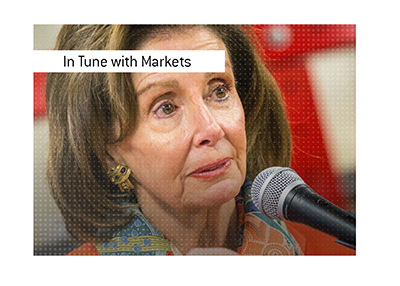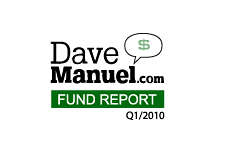What Exactly is a "Bear Market"?
 If you have been watching the news over the past few weeks, then you have likely heard that the stock market is currently in a "bear market". What does this mean exactly?
If you have been watching the news over the past few weeks, then you have likely heard that the stock market is currently in a "bear market". What does this mean exactly?Many people have many different definitions of a "bear market". There is no one right or wrong answer.
The generally accepted definition of a "bear market" is when the market drops at least 20% over at least a two month period.
Sometimes the stock market will fall substantially over a short period of time. Let's say that the Nasdaq drops 15% over the course of one month. Is this a "bear market"?
No. This is often referred to as a "correction". A "correction" is when the stock market falls sharply over a short period of time while in an overall uptrend. During the course of the big bull market in the 90's, the market sold off dramatically a number of times, but remained in its overall uptrend. These temporary downswings were "corrections", and not an overall "bear market". Reversely, if the stock market is in an overall downtrend and has temporary blips when the market surges higher, these surges are referred to as "bear market rallies".
A bear market is like being out of a job for months and months, and slowly watching your life savings melt away. You have no idea when things are going to get better, and with each passing day, they seem to get worse.
A "correction" is like having a well-paying job and blowing your paycheck at the casino one drunken Friday night. It hurts, but you'll recover.
So to sum up -
A "bear market" is when the market falls at least 20% over a period of at least two months.
Filed under: Stock Market Education | General Knowledge



